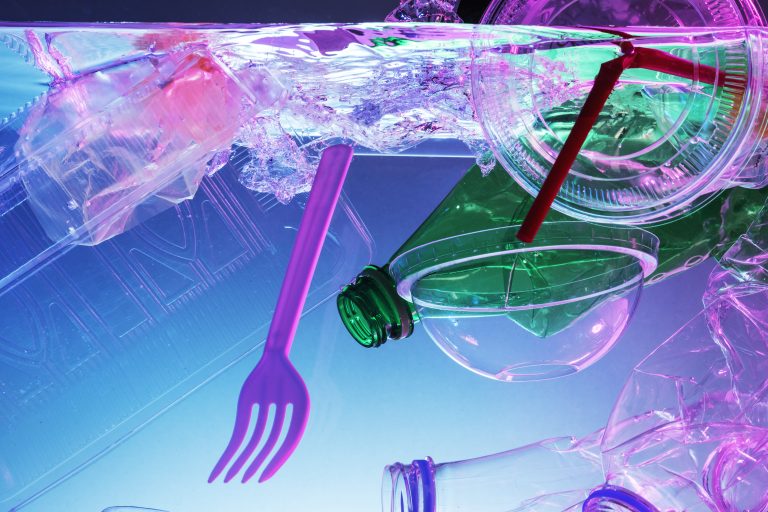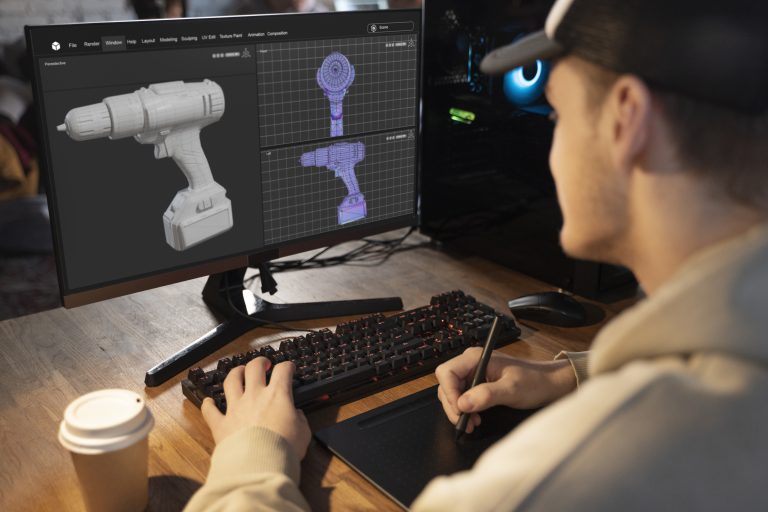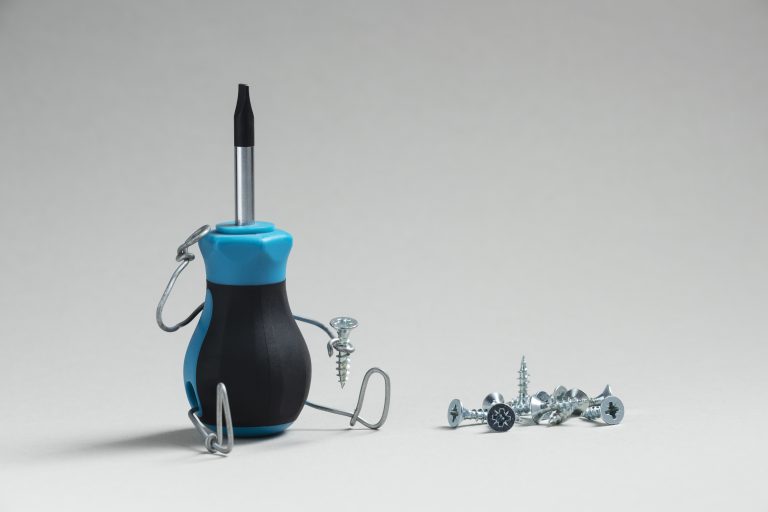The agricultural sector calls for a large amount of heavy-duty equipment and machinery. Increasingly, plastic injection moulding is coming into play as plastic parts replace metal ones. Plastic is valued for its durability, anti-corrosion or rusting properties and flexibility. It has excellent hygienic properties, which are vital for applications involving cleaning, feeding, birthing and milking animals on the farm.
In addition, the plastics used in the agricultural sector must withstand heavy wear and tear and prolonged exposure to the outdoors, with changing temperatures and sometimes hostile weather conditions. Plastic can also be regularly exposed to chemicals, such as pesticides, without causing corrosion or damage, making it excellent for use in crop spraying equipment, chemical storage tanks etc.
In the agricultural sector, sustainability is also a key factor in equipment choice and design. Many plastics used in injection moulding can be recycled. This leads to less landfill waste and longer life for the materials used in the manufacturing process. Longer lasting equipment is also advantageous to the financial bottom line of farm businesses that are often under pressure to cut costs and maximise profits as much as possible. Finally, plastic injection moulding processes allow for large-scale mass production with highly precise specifications and maximum yield.
Agricultural sector equipment, machinery and applications requiring plastic injection moulding manufacturing methods cover a wide range of uses. These include the following:
Animal feed and water troughs
The plastics used offer an easily washable, hygienic finish to keep food and water from becoming contaminated. It is smooth, so that animals eating and drinking from the troughs do not get injured from any rough edges. Troughs can be made to exact specifications so they fit into the feeding stations and make the best use of available space.
Food storage bins and feed sacks
Again, using plastic injection moulding techniques to make storage solutions for food offers excellent hygiene and food protection properties. The plastic is tough, so that bags won’t get torn easily and the bins can be sealed tightly to keep food dry and fresh.
Tubs, buckets and baskets
A busy farm needs an abundant supply of buckets, tubs and baskets to collect, store and transfer crops, food, chemicals etc. Plastic materials can be used to create the right size and quantities, as well as flexibility in shapes, colour choices, commercial branding and more.
Bulk containers, pallets and crates
Farms often have to take (and make) deliveries of large quantities of food, seeds, chemicals etc. Using plastic for these larger-scale deliveries is not only more sustainable, but it ensures that the items are transported where they need to go safely. It also helps to prevent contaminants spoiling the contents of the containers, pallets and crates.
Cleaning equipment and brushes
Plastic is easily sanitised, making it the perfect material choice for cleaning brushes and equipment. It is tough enough to get rid of dirt, debris and stubborn marks on other items too. It withstands chemical corrosion and general wear and tear, meaning that agricultural cleaning equipment made from plastic will last much longer, despite heavy use.
Water tanks
Water tanks are another application where the hygienic, watertight properties of plastic are crucial. Plastic can last a long time too, despite constant exposure to water, so using it for long-term water storage is a wise choice. Replacements will not be needed for a longer time, which helps to save money and resources. The same goes for irrigation system components, which are also constantly exposed to water and regular heavy use.
Agricultural machinery parts
Increasingly, machinery parts that would have been made from metal are being constructed using plastic injection moulding. The precise nature of this manufacturing method means that bespoke plastic parts can be made to fit inside machinery with complete accuracy. Plastic is also useful when it comes to creating one-off replacement parts for a piece of agricultural machinery, should something break off, warp or stop working inside.
Outdoor equipment covers and lids
Items stored outside can get damaged over time due to UV rays, cold temperatures, rain, frost, and snow. Creating durable, weather-resistant lids and covers through plastic injection molding helps protect and extend the lifespan of items stored outdoors or in partially sheltered areas like barns.





